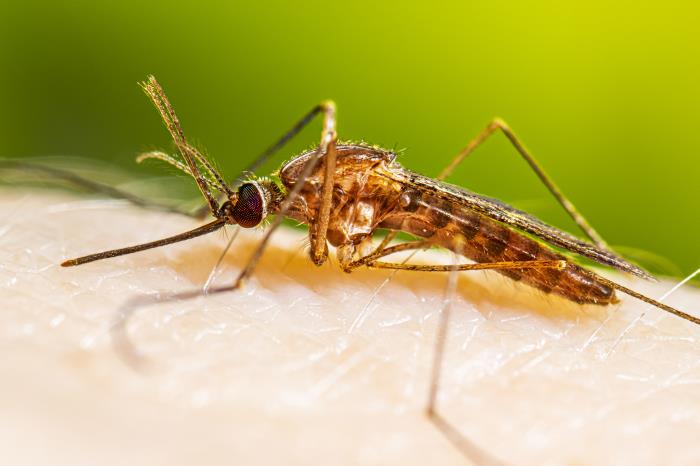In a world that still contains some potent predators, you might think the deadliest animal would be something like a great white shark, or a grizzly bear, or another similar beastie. You would certainly be forgiven for thinking so, given how much media attention a rare big animal attack gets these days. However, the world’s deadliest animal is not what you would expect. It is neither ferocious nor powerful, but it is nevertheless responsible for hundreds of thousands of deaths each year.
Before we dive into the story of this killer, we should clear up some details to show just how menacing it is. Despite the popularity of ocean predators in our cultural mind, sharks kill around 10 people across the world each year on average (though 2023 witnessed a slight growth in this). Compared to falling coconuts (which kill around 150 people each year), sharks really are not that worthy of the fear they generate.
But what about bears? In North America, there are around 750,000 black bears roaming the countryside. How many people do they kill on average each year? One, one person.
When it comes to fatal encounters, even cows outperform bears and sharks, as they kill between 20 to 22 people in the US alone on an annual basis.
Okay, big and ferocious doesn’t seem to cut it, but what about toxic or venomous? Spiders, the subject of many fears across the world, are responsible for remarkably few deadly bites, especially since antivenoms were developed in the 20th century. However, the same cannot be said about snakebites. The World Health Organization (WHO) recognizes snakebites as a “neglected tropical disease”, as around 140,000 people are killed by them across the world each year.
Despite the tragic nature of this figure, it really does not even compete with the world’s top killer.
What is it? The not-so-humble mosquito.
According to the American Mosquito Control Association, this annoying insect kills over 1 million people annually. Other health authorities believe the figure could be even higher, reaching up to 2 to 3 million deaths each year.
This is because mosquitoes are vectors for various diseases, the most deadly being malaria, which kills around 600,000 people each year.
Mosquitoes belonging to the Anopheles genus are the primary culprits. The females transmit the malarial disease to humans through their bites. As they suck blood, they release Plasmodium, a genus of protozoan parasites, into the bloodstream. These parasites invade and multiply within red blood cells.

A female Anopheles quadrimaculatus mosquito resting on a person’s skin after sucking blood.
Image credit: CDC/ Amy E. Lockwood, MS (Public Domain)
Malaria mostly affects people living in tropical and subtropical areas. In the countries with the highest transmission rates, the most vulnerable are young children who have not developed immunity, as well as pregnant women whose own immunity has been altered by pregnancy.
Despite the increasing availability of various forms of intervention to prevent and treat the disease, it continues to exact a heavy cost on individuals, families, communities, and entire nations.
In recent years, malaria has started to become more of a risk to people living in countries that are less familiar with it. Although not endemic in the US, the disease is imported in greater numbers as people visit countries where it is endemic. Similar has been occurring in southern France, where it is becoming a sporadic issue.
Malaria is not the only disease transmitted by mosquitoes. Dengue fever, a viral infection, is also common in tropical and subtropical areas and is endemic to parts of the US. Although it is not as severe as malaria, with most people recovering over time, it is still deeply unpleasant for those who experience it.
There are other mosquito-transmitted diseases as well, including West Nile virus, which, although rarely fatal, can cause neurological disease (in around 1 percent of cases), which can kill. There is currently no specific treatment for this infection.
All in all, this adds up to at least 1 million deaths each year. So despite their tiny size, the mosquito really is a worrying killer across the world, and, as climate change continues, it may spread to previously unaffected areas.
There are a number of initiatives aimed at limiting their impact on human health across the world, and while many are highly effective, the fight against them will continue for some time to come.
A previous version of this article was published in December 2024.
Source Link: The World’s Deadliest Animal Kills Over 1,000,000 People Every Year